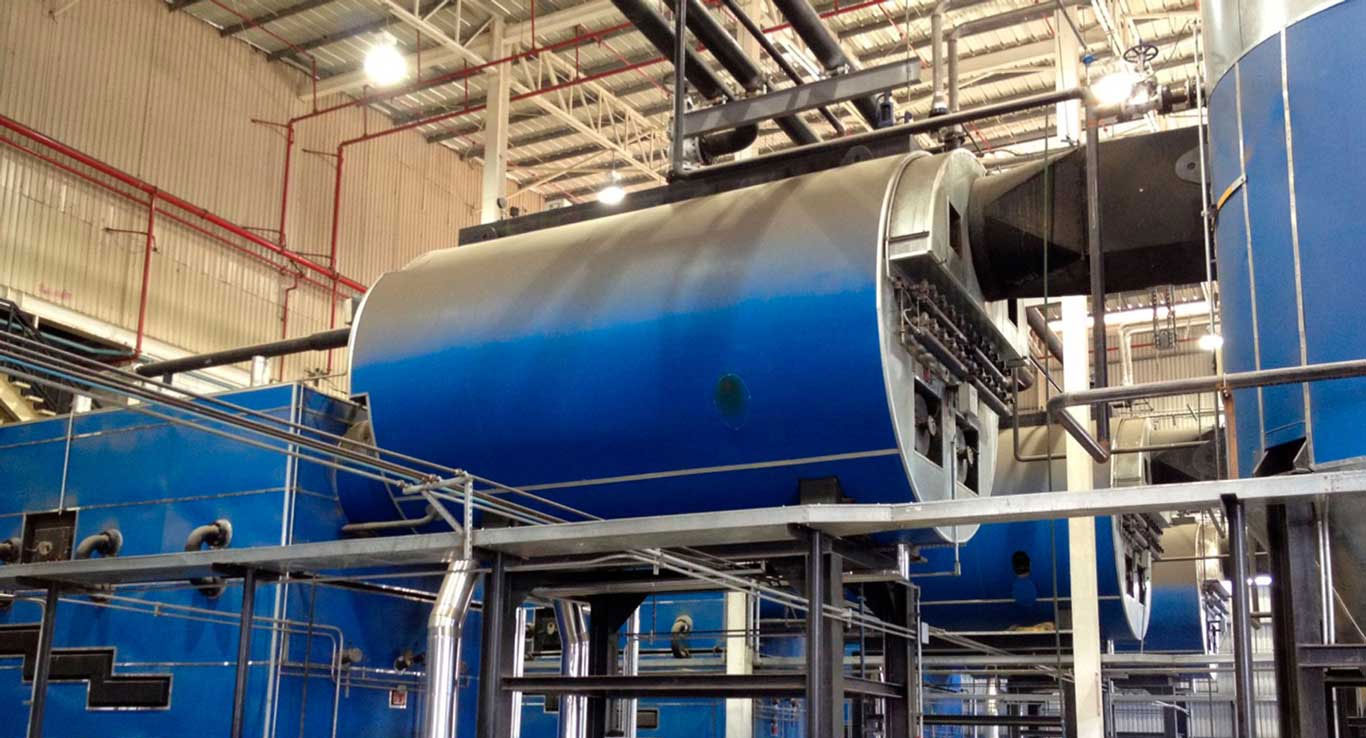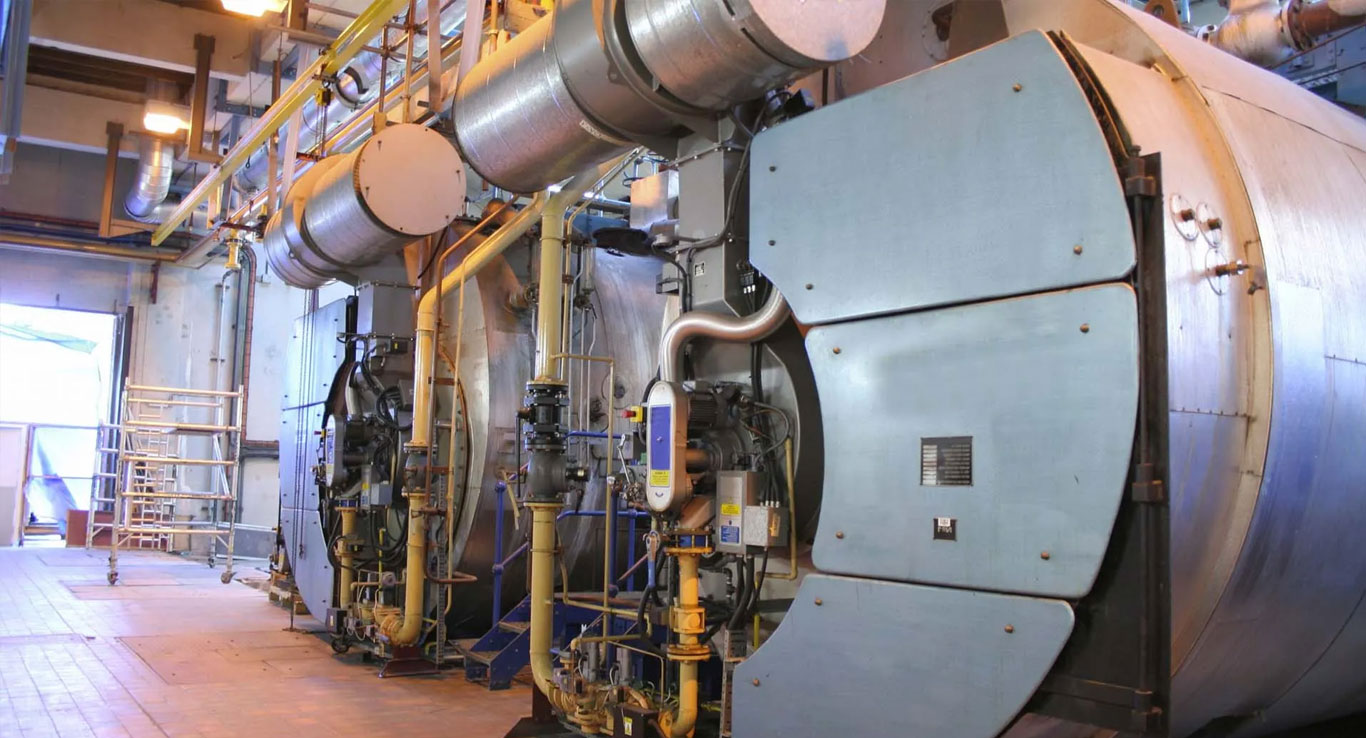Importance of Daily Maintenance for Industrial Boiler Systems in Process and Manufacturing Industries
Process and manufacturing industries rely on industrial boiler systems for seamless process operations and overall success. However, to get the most out of the boiler system, routine maintenance is essential. Plant managers must perform several critical steps every day to maximize the efficiency and longevity of the industrial boiler. Daily maintenance is necessary to ensure the safety of the process plant workers and prevent the build-up of harmful soot and scale, which can impact the efficiency of the industrial boiler. Lack of boiler maintenance can lead to hazardous equipment failures, loss of productivity, and revenue. In extreme cases, it can even lead to explosions, causing potential injury to personnel and extensive damage to the facility. Performing these simple daily maintenance steps can extend the boiler’s lifespan and schedule predictive boiler services to prevent major issues from arising.
Daily Checklist for Maintaining Industrial Boilers
1. Inspection of Water Components:
Inspecting the water components of an industrial boiler system is crucial. Mineral scale build-up can significantly reduce the boiler’s efficiency, leading to blockages in pipes that impact production levels. If the boiler requires more energy to push hot water or steam, it is a sign of built-up pipes. Inspect the tubes, furnace area, and gasket sealing surfaces. If the plant lacks the necessary tools for inspection, seek professional help from those equipped to do so.
2. Inspecting Fireside and Burners:
Process plant managers must also inspect the fireside and burners for any signs of reduced efficiency in the industrial boiler system. Check for any leakage and soot accumulation, which can indicate a larger problem. Additionally, inspect dampers, electrodes, nozzles, hoses, scanners, and diffusers, looking for signs of blockage or erosion. Any worn or damaged parts must be replaced immediately to optimize the boiler’s combustion processes.
3. Analysis of Controls:
Regular analysis of the controls is also crucial. Proper water levels are necessary for operational safety and optimal efficiency, making it prudent to check for any signs of cracks or erosion. Inspect the equipment and check their output for potential problems. Inaccurate control readings indicate deeper issues in the industrial boiler system, requiring the assistance of a reliable boiler manufacturer.
4. Visual Inspection for Cracks:
Conduct a visual inspection for any signs of cracks that may reduce the efficiency of the industrial boiler. Even minor cracks can add stress to internal components and increase utility bills. If cracks are present, ensure that a reliable boiler manufacturer repairs them using high-quality patching compound to prevent their return.
5. Ensure Routine Boiler Maintenance:
Daily inspections are critical for maintaining the industrial boiler’s efficiency and identifying signs of leaks, breaks, or other types of damage early. Neglected minor details such as a loose screw can significantly impact the boiler’s performance. Routine maintenance can also reduce utility expenses by maintaining production levels. If the industrial boiler requires more energy to generate the same target output, it is operating at a loss. Consider the frequency, duration, and target output levels of the boiler when developing a maintenance schedule, including monthly maintenance by a reliable boiler manufacturer.
Conclusion
ASCENT MACHINERIES & ENGG. SERVICES can provide valuable assistance in the above processes by offering specialized services related to the inspection, maintenance, and repair of industrial boilers. They can provide skilled professionals who are trained in inspecting and analysing the water components, fireside, and burners of the industrial boilers, and identify any potential issues that may impact the efficiency of the system.
For more information about our products and services, please visit our website at https://ascentmes.com/.




